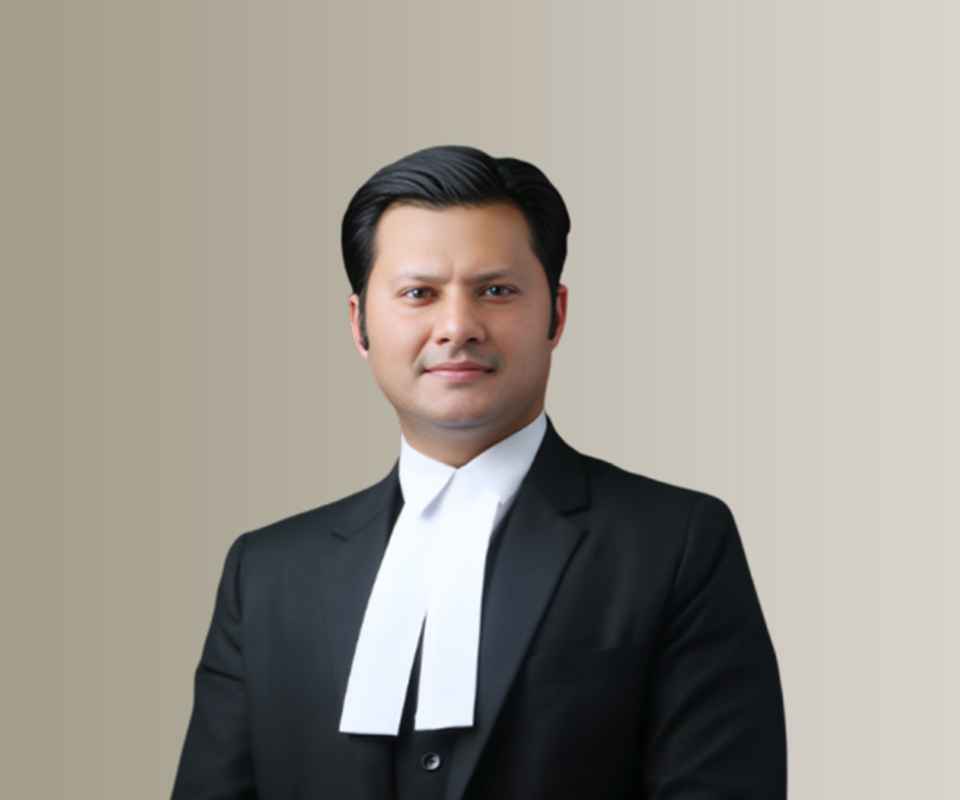Answer By law4u team
Yes, negligence claims can arise from verbal or written misstatements, provided certain conditions are met. In the context of negligence law, these misstatements typically need to involve a breach of a duty of care owed by the person making the statement, and they must result in harm or damage to another party. Misstatements, whether made verbally or in writing, can lead to negligence claims if the following elements are present:
1. Duty of Care:
In any negligence case, the plaintiff must establish that the defendant owed a duty of care to the plaintiff. This duty exists when the defendant has a legal obligation to avoid actions that could foreseeably cause harm to others.
Example: A financial advisor has a duty of care to provide accurate and truthful financial advice to clients. Similarly, a doctor has a duty to communicate accurately with patients about their diagnosis or treatment options.
2. Breach of Duty:
A breach occurs when the defendant fails to meet the standard of care required in the circumstances. In the case of verbal or written misstatements, a breach could happen if the defendant makes a statement that is false or misleading, or fails to provide important information that the plaintiff is relying upon.
Example: If an accountant provides incorrect tax advice to a client that leads to financial loss, the accountant may be considered to have breached their duty of care by providing inaccurate information.
Example of Written Misstatement: A company that makes a misstatement in its annual financial report could be held liable for negligence if that misstatement causes harm to investors who relied on the false information to make investment decisions.
3. Causation:
The plaintiff must show that the defendant’s misstatement directly caused the harm or damage suffered by the plaintiff. In the context of verbal or written misstatements, this means that the plaintiff relied on the false statement and that reliance led to a negative consequence.
Example: If an individual is misled by incorrect financial advice and suffers a financial loss as a result, the loss is directly tied to the defendant’s negligent misstatement.
Example of Verbal Misstatement: A doctor who provides incorrect information about a patient's diagnosis could be liable for negligence if the patient takes harmful actions (such as refusing necessary treatment) based on that incorrect advice.
4. Reliance:
For a negligence claim to succeed based on a misstatement, the plaintiff must prove that they reasonably relied on the misstatement. In other words, the plaintiff must have acted on the information provided by the defendant in a way that led to harm or damages.
Example: A person who invests money based on misleading advice from a stockbroker may be able to claim negligence if the broker’s misstatement caused them financial loss.
5. Damages:
Finally, the plaintiff must show that they suffered actual harm or damages as a result of the misstatement. In negligence claims, damages typically refer to financial loss, physical injury, or emotional distress caused by reliance on the misstatement.
Example: If a consumer buys a defective product based on a misrepresentation about the product’s quality or safety, the consumer could claim compensation for the cost of the product, any medical expenses, and any other damages arising from the misstatement.
6. Types of Misstatements That Can Lead to Negligence Claims:
a. Professional Negligence (Error in Advice or Information):
Professional negligence, or malpractice, often arises from misstatements or errors made in a professional capacity. Professionals such as doctors, lawyers, accountants, and financial advisors have a heightened duty of care to provide accurate advice and information to their clients. If they make a verbal or written misstatement that causes harm, they may be liable for negligence.
Example: An attorney who provides incorrect legal advice in writing, leading to a client’s loss of a lawsuit, could be liable for negligence if the client reasonably relied on the advice and suffered harm as a result.
b. Negligent Misrepresentation:
A negligent misrepresentation occurs when a false statement is made carelessly or without reasonable grounds for believing it to be true. This can apply to both verbal and written statements made by individuals or businesses. For example, a company that advertises a product’s features falsely could be liable for negligent misrepresentation if a customer relies on that information and is harmed as a result.
Example: A real estate agent who misrepresents the condition of a property, and the buyer relies on that information to purchase the home, may be held liable for negligent misrepresentation if the buyer suffers financial loss as a result.
c. Defamation (False Statements):
While defamation (libel or slander) is typically a separate tort from negligence, negligent defamation can occur when a false statement is made without adequate care. In this context, if a defendant makes an untrue and harmful statement about someone, and that statement causes damage, the victim may have a negligence claim.
Example: A person falsely tells others that a colleague committed fraud at work, and as a result, the colleague’s reputation and career suffer significant harm. If the statement was made carelessly or without proper investigation, the defendant may be held liable for negligent defamation.
d. Product Misstatements:
If a manufacturer or retailer provides false information about a product in their marketing or labeling (whether verbally or in writing), and consumers rely on that information to their detriment, the company could face a negligence claim.
Example: A car manufacturer that advertises a car as accident-proof in advertisements and makes misleading statements in marketing materials may be held liable for negligence if a consumer purchases the car based on those claims and suffers harm in a crash.
7. Defenses to Negligence Claims Based on Misstatements:
- Lack of Duty of Care: If the defendant can prove that they did not owe a duty of care to the plaintiff (e.g., the misstatement was made to a third party with no relationship to the plaintiff), the negligence claim may fail.
- No Reliance: If the plaintiff cannot prove that they reasonably relied on the misstatement or did not suffer harm from it, the claim may not succeed.
- Contributory Negligence or Assumption of Risk: If the plaintiff knew or should have known that the information was false and acted regardless, the defendant may raise these defenses to reduce or eliminate liability.
8. Example Scenarios of Negligence Claims from Misstatements:
Example 1: Financial Advisor Misstatement:
A financial advisor makes a verbal misstatement about the risks associated with a particular investment and reassures a client that it is a safe opportunity. The client invests a substantial sum of money based on this advice, but the investment leads to significant financial losses. The advisor could be sued for negligence if the client can prove that the advisor owed them a duty of care, breached that duty by providing negligent advice, and caused harm due to the reliance on the misstatement.
Example 2: Doctor's Misstatement:
A doctor verbally misdiagnoses a patient over the phone, telling them they do not need a follow-up examination. The patient relies on this advice, fails to seek further treatment, and the condition worsens. The doctor could be held liable for negligence if the patient can show that the doctor had a duty to provide accurate medical advice, failed to do so, and caused harm due to that misstatement.
Example 3: Misrepresentation in Advertising:
A company advertises a weight-loss supplement with claims of quick results, but these claims are unsupported by scientific evidence. A consumer purchases the product, relies on the advertising claims, and suffers health problems as a result. The company could be liable for negligence if the consumer can show that the company owed a duty of care to provide truthful advertising, breached that duty by making misleading statements, and caused harm as a result.
9. Conclusion:
Negligence claims can indeed arise from verbal or written misstatements if the defendant made the false statement negligently, the plaintiff reasonably relied on it, and suffered harm as a result. These claims are common in professional negligence, negligent misrepresentation, and defamation cases. To succeed, the plaintiff must show that the misstatement caused measurable damage and that the defendant owed a duty of care in the situation. In some cases, such as with professionals, liability can be especially stringent, as the duty to provide accurate information is considered higher due to the reliance of clients on expert advice.







